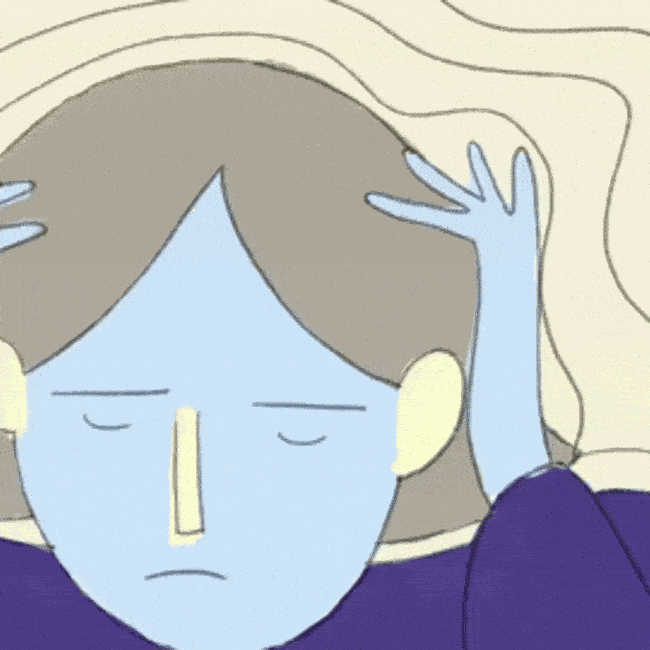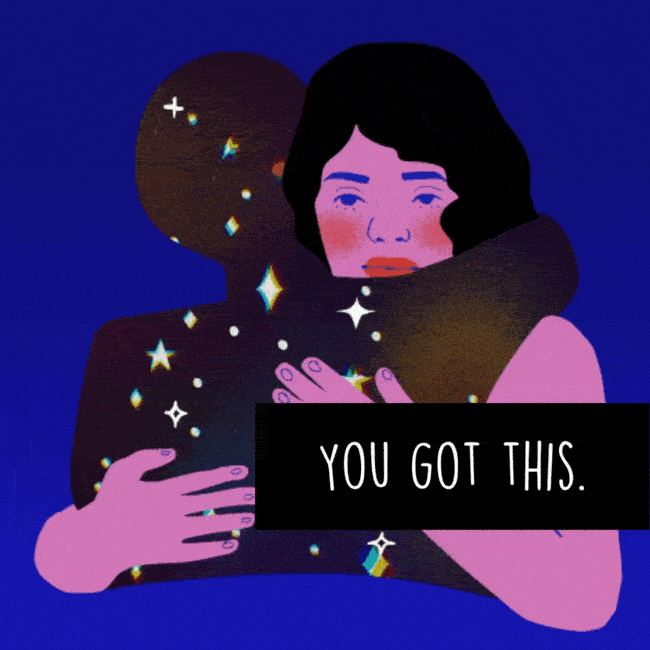
Image
Mental Health Facts
You deserve support and understanding.
Get the facts about mental health and take steps toward improving your wellness.
Mental health conditions are common. You are not alone in this. Help is available (CDC.gov).
Prioritize Self-Care & Reach Out to Supportive Friends & Adults


But many people do not report their experiences. Finding support begins with better understanding by those around you.
Start by sharing your feelings with an adult you trust, like a parent, counselor, or coach (MentalHealth.gov).
Remember that your brain is...

Changing
The teen brain has lots of plasticity, which is the ability of neural pathways in your brain to change in response to your environment and experiences. Your brain might change from learning a new skill, such as learning to ride a bike. At first, you might fall and struggle to get the hang of it, but eventually it becomes second nature. Your brain also might change in response to stressful events.

Vulnerable
Your brain is still developing, meaning it can be especially affected by experiences of trauma or stress.

Resilient
Being vulnerable also means that your brain is rapidly learning and adapting. Some changes to your brain as a teen will help build your resilience and defend against long-term stress or mental health disorders.
Teens are saying that it is time to talk more openly and honestly about mental health issues in the U.S. (4-H.org).
Seek Help
It's okay to ask for help.

Source: American Psychological Association
You're at a critical time of growth and change. Speak your truth, find help, and learn skills that can prepare you for challenges in the future!
- Talk to a counselor, coach, teacher, mentor, parent, guardian, or another adult you trust.
- Ask your doctor or school nurse for recommendations and for help finding a therapist or mental health specialist.
- Your relationship with your mental health specialist is important! If the first person you see isn't a good fit, keep looking for a comfortable match.
Try these questions to start a conversation about your mental health with trusted people in your life.
- I haven’t felt right lately and I’m not sure what to do. Can I talk about it with you?
- I’m having a really hard time lately, will you go with me to see someone?
- I’m really worried about stuff that’s going on right now, can you help me find mental health support?
Source: National Alliance on Mental Illness

Note: Names in text messages have been changed to protect privacy.